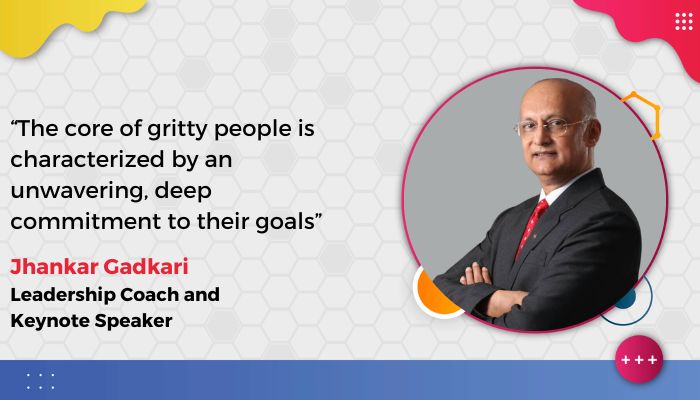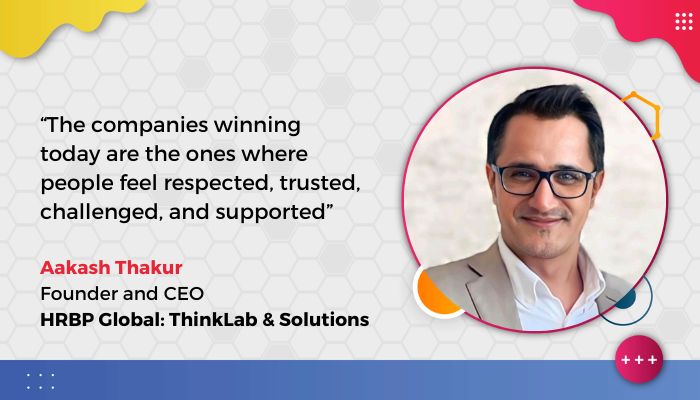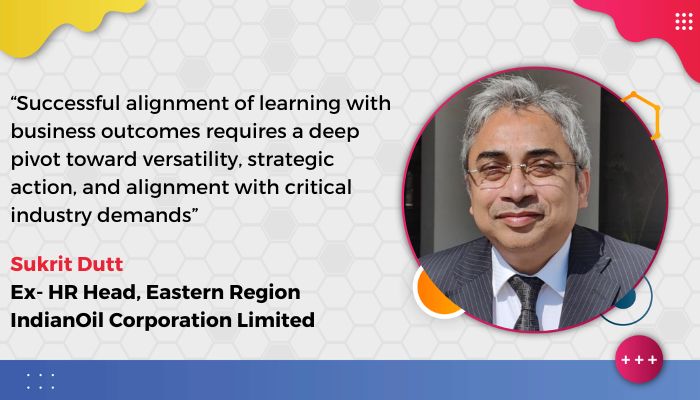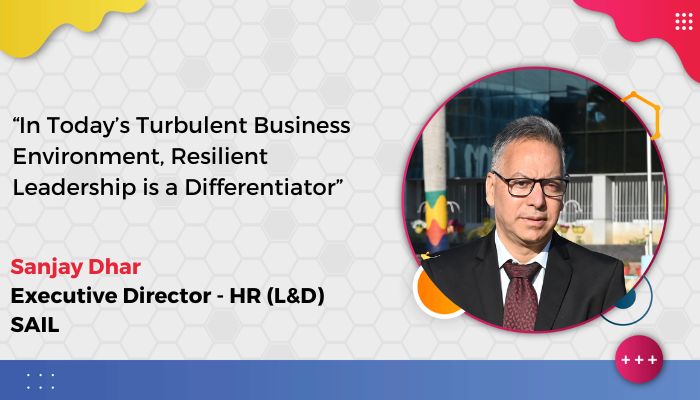By Jhankar Gadkari, Leadership Coach and Keynote speaker
Find your ‘Purushartha’ पुर्षार्थ, ‘Ikigai,’ the meaning and purpose to your life that becomes your single engine that propels the other two.
Many qualities are explored to understand success, leadership, performance, etc. We often tend to applaud talent, intelligence, and destiny.
However, there are two other elements—Grit and Resilience, which are the pillars and the backbone of people’s success. These elements work silently, yet are very strong forces which can be developed internally. They stand out as the true apparatus behind enduring success and personal growth, whether you’re climbing the corporate ladder, training for a marathon, or simply navigating life’s daily challenges, these qualities are often the deciding factors between giving up and pushing through.
What exactly are grit and resilience? How do they work, and can they be developed? We will explore these powerful traits and understand how they shape the lives of individuals and societies.
Identifying grit and resilience
According to psychologist Angela Duckworth, grit is best described as passion and perseverance for long-term goals. This was popularised when an extensive research was conducted on why some people achieve more than others, even when they have the same level of talent or intelligence and or even less resources. The core of gritty people is characterised by an unwavering deep commitment to their goals, the persistent stamina to face obstacles, and a steadfast focus on improvement over time.
Resilience, on the other hand, refers to the ability to bounce back from setbacks, adapt to change, and keep on going in the face of adversity. It’s the mental toughness that allows people to recover from failure, trauma, or stress, and emerge stronger from the experience.
While they are distinct qualities, they are deeply interconnected. You can’t have grit without resilience, and resilience often builds grit over time.
Understanding grit and resilience
Angela Duckworth’s research revealed that grit predicts success in various domains, from the Marine Cadets surviving their first summer of training to finalists in the National Spelling Bee and many beyond.
Grit was found to be a more reliable predictor of achievement than IQ or physical fitness.
Resilience, also, has been studied extensively in psychology. Researchers like Ann Masten have shown that resilient people tend to have protective factors such as a supportive social environment, strong internal beliefs, and problem-solving skills that help them withstand life’s pressures. Resilience is often referred to as “ordinary magic,” emphasising that it is not a rare trait but something that can be developed and nurtured in everyday life.
Neuroscience also supports the studies that people who exhibit resilience have higher activity in the prefrontal cortex, the part of the brain responsible for executive function and emotional regulation. This allows them to manage stress more effectively and respond to challenges with greater clarity.
Resilience & trauma
Resilience is particularly critical when life bowls unexpected bouncers, death, illness, job loss, or personal failures. Some people crumble under the weight of adversity, while others find ways to not only survive but also grow from their experiences.
This concept, known as post-traumatic growth, suggests that adversity can be a catalyst or an enlightenment for a profound and deeper wisdom, renewed purpose, and increased appreciation for life.
Holocaust survivor Dr. Viktor Frankl highlighted this in his book Man’s Search for Meaning, where he described how meaning and purpose can help individuals endure unimaginable suffering.
Modern-day examples of resilience are found in many places, from individuals overcoming poverty to rebuild their lives, to communities recovering after natural disasters. The key takeaway is that resilience is not about avoiding hardship; it’s about adapting and thriving despite it.
Building grit and resilience
While some people may be naturally more gritty or resilient, these traits are not fixed. They can be cultivated through deliberate or mindful practice of self-talk, consciously intentionally and purposefully, which results in a shift to a productive mindset, creating an attitude of an achiever.
Adopt a growth mindset: Coined by Carol Dweck, a growth mindset is the belief that abilities can be developed through effort and learning. People with a growth mindset see challenges as opportunities to grow, not as signs of inadequacy.
Set long-term ‘clear’ goals: Grit requires a clear vision of what you’re working toward. Break large goals into smaller, manageable milestones. Celebrate progress to maintain motivation.
Practice emotional regulation: Resilience involves managing emotions in high-stress situations. Techniques like mindfulness, deep breathing, and cognitive reframing can help maintain perspective during difficult times.
Surround yourself with support: Social support is one of the strongest predictors of resilience. Whether it’s friends, family, or mentors, having people who believe in you can provide the strength to keep going.
Develop self-compassion: Being kind to yourself during failure helps you recover more quickly. Rather than harsh self-criticism, resilient individuals practice self-forgiveness and use setbacks as learning experiences.
Lean into discomfort: Grit grows in discomfort. Whether it’s running an extra mile, studying a tough subject, or confronting a fear, consistently pushing your limits strengthens your perseverance muscle.
Grit and resilience in organisations
These qualities aren’t just relevant to individuals, they’re essential for organisations too. Companies that cultivate a culture of grit and resilience tend to perform better over the long term. They bounce back faster after downturns, adapt to market changes more efficiently, and foster innovation by encouraging calculated risk-taking.
Google, for instance, is known for allowing employees to fail fast and learn from their mistakes, a form of institutional resilience.
Meanwhile, leaders who exhibit grit often inspire their teams through tough times with their relentless commitment to vision and values.
About the author
Jhankar Gadkari is a seasoned leadership coach, emotional intelligence expert, and keynote speaker with over 25 years of experience transforming leaders and organizations. With a rich background in law, corporate governance, and behavioral science, he has worked with top corporates, PSUs, and educational institutions across the globe. Certified by Six Seconds Inc., USA, in Emotional Quotient profiling, he brings a unique blend of research, corporate insight, and engaging delivery. His sessions are known for creating powerful “A-ha” moments through interactive activities, case studies, and real-world applications. Passionate about human potential, Jhankar champions leadership with purpose, empathy, and impact. You can connect with Jhankar Gadkari here.
Disclaimer: The opinions and views expressed in this article, including any accompanying data, are the sole responsibility of the author and should not be construed as reflecting the official policy or position of India Employer Forum






